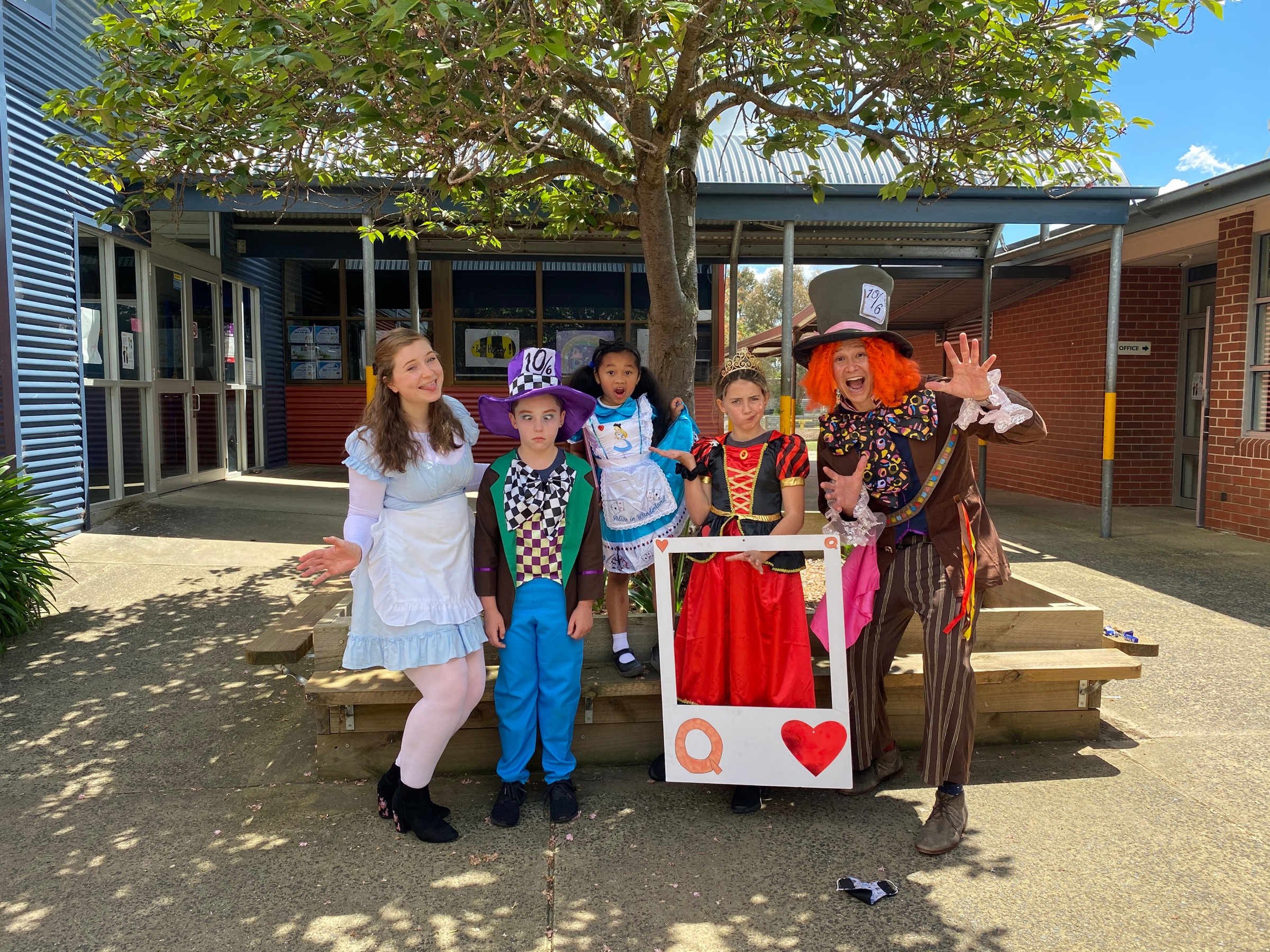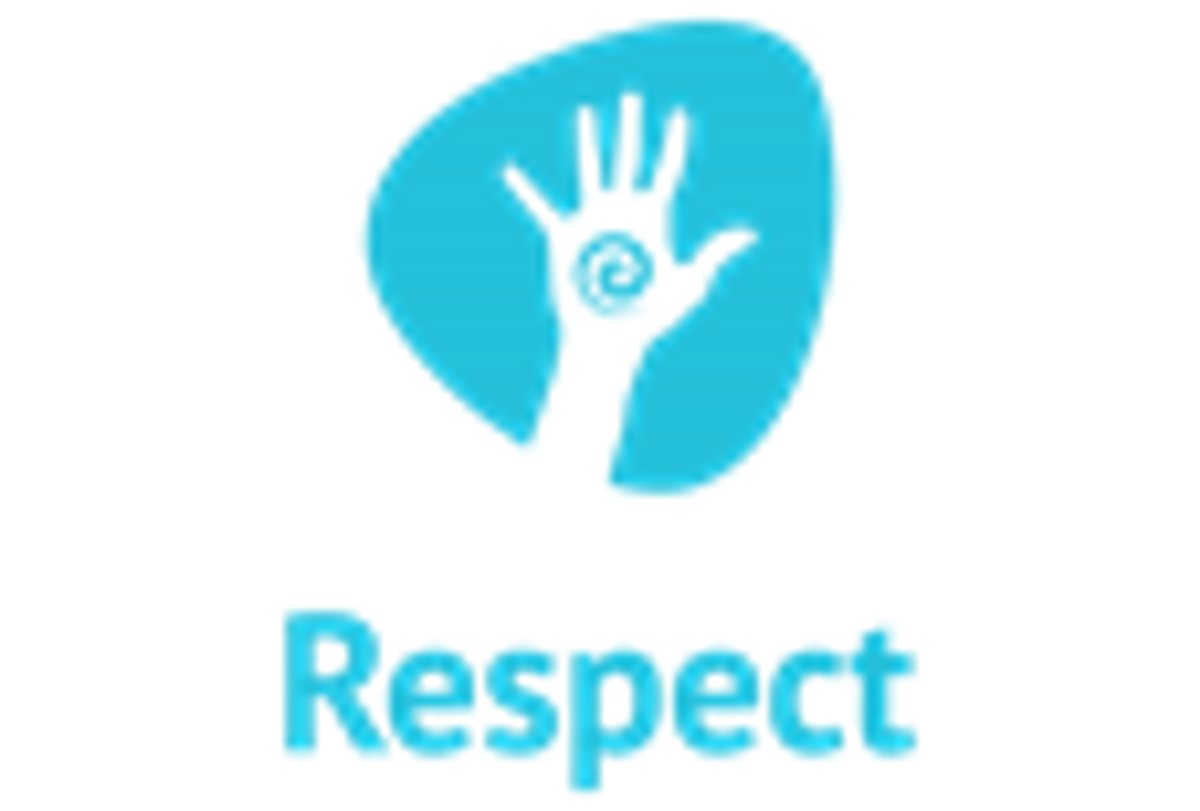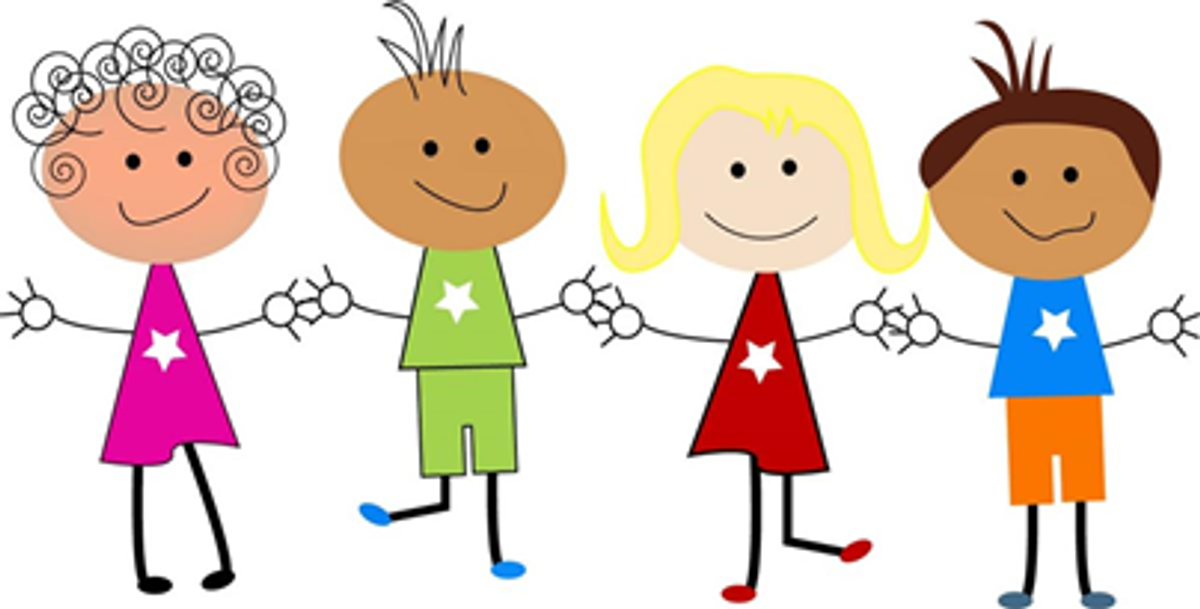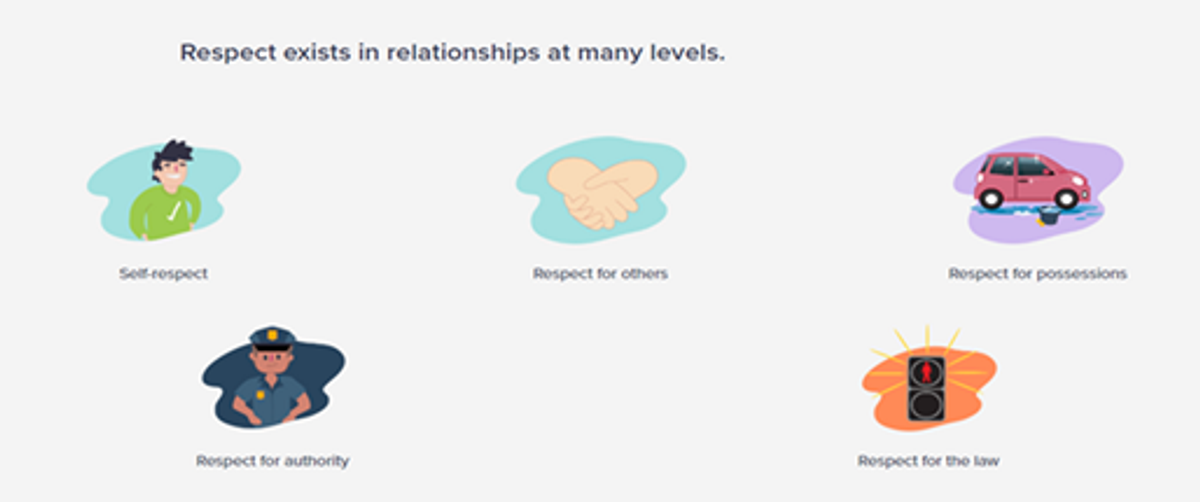Assistant Principal's Message

Maramba Vision
Providing a caring environment where aspirations are nurtured, positive relationships grow, success is celebrated and a passion for lifelong learning is ignited.
Nurture. Innovate. Celebrate.
Dear Students, Parents, Carers and Families,
TEACHING KIDS RESPECT IN RELATIONSHIPS
The Maramba school values are an integral part of who we are as a people and as a community. They are the things that we believe are important. Values have a major influence on a person's behaviour and attitude. Every day and every moment they serve as broad guidelines in all situations in guiding us in the choices we make and the actions we take.
The value respect is that we are understanding and considerate of everyone’s rights. Some of our values are about how we treat other people and what consideration we give them. Respect is not usually a one-off event or action. It is at the heart of all behaviour, the underlying principle. How we treat and consider other people, the environment and ourselves is an important life value.
You can help your child build self-respect as well as have respectful relationships with others. As parents we value respect and want our kids to respect us Respect is a word that gets used a lot but it can be difficult to define.
Most people would say they know when they are being treated respectfully but they might have trouble explaining what it is. It is also sometimes hard to know when we are being disrespectful towards others especially when we feel upset and may have a hard time maintaining self-control.
Being respectful is something we learn through interactions with other people. Being respectful can come easily to some children but not others. As a parent you play an important role helping your child build self-respect and the skills they need to respect others.
How do you recognise respect in a relationship?
Respect in relationships exists in many forms:-
- Self-respect
- Respect for others
- Respect for possessions
- Respect for authority
- Respect for the law
Respect is about showing that you value other people through your words and actions. You treat other people with care and you consider how your words or actions may affect them. In respectful relationships, the following are put into action:
- Being supported to make our own choices
- Being accepted as a person, even if you’ve made a mistake
- Encouraging others to grow, learn and succeed
- Freedom to disagree without being put down, called names or hurt
- Not dominating or controlling others
- Listening and taking turns to be heard
- Supporting others' needs and wellbeing
- Trust, honesty and taking care with others' personal information
- Not intimidating others or being aggressive
Disrespectful relationships can affect your child
Children may experience a lack of respect in their relationships at home or at school. When children are not feeling safe, supported and cared for they may show this through their behaviour and emotions. A child who is feeling distressed or unsafe may experience:
- Poor sleeping habits
- Nausea or headaches
- Depression or anxiety
- Low self-confidence or esteem
- Changes in appetite (under or overeating)
- Lack of trust in family and friends
- Breakdown in friendships
How can you help your child learn about respectful relationships?
Teaching your child the skills to be respectful helps them to value their needs as well as other's needs.
Try active listening by taking a moment to repeat back what you hear them say e.g. "so what I heard you say is…"
Learn to be assertive and ask for what you want in a calm yet firm way without being passive or aggressive
Understanding and empathy – ask yourself what your child’s world is like right now. What might they be going through?
Conflict resolution – try to negotiate on the little things but at the same time identify the big issues that are non-negotiable
Decision making skills – avoid imposing solutions and encourage your child to think of options and consequences first
Be honest - this will encourage trust and acceptance in the relationship and avoid misunderstandings and potential conflict
Respect is the glue that holds your relationships together. Learn ways to be respectful and know what to do when somebody isn’t respectful toward you.
Why is respect important?
Receiving respect from others is important because it helps us to feel safe and to express ourselves.
Being respected by important people in our lives growing up teaches us how to be respectful toward others.
Respect means that you accept somebody for who they are, even when they’re different from you or you don’t agree with them.
Respect in your relationships builds feelings of trust, safety, and wellbeing.
Respect doesn’t have to come naturally – it is something you learn.
Think about all the different situations in life where you have to get along with others – how do you know if there’s respect in your relationship?
You feel safe being around each other
You know its ok for both of you to express who you are
When you disagree you listen to each other and be patient
You do not yell or talk over the top of each other
Neither of you are controlling the other person’s choices
You both talk openly about your needs and wants
You both allow the other person space if they need it
You can both admit when you’ve made a mistake
Getting back on track
Sometimes we find ourselves not feeling respected by other people, including our family or friends.
While it is not always possible to change somebody and make them respect you, there are some things you can try:
- Show people what respect looks like by being respectful yourself
- Spend time with people who are respectful and make you feel safe
- Tell the person what they are doing isn’t ok and be specific
- Talk to somebody you trust like a parent, teacher, or counsellor
- Try to understand their point of view
- Give that person a chance to change their behaviour toward you
- It’s ok to end friendships with people if they can’t be respectful and you don’t feel safe around them
Do not forget to have respect for yourself too!
Being respectful toward others is one part of the puzzle. It’s also important to have respect for yourself.
Remember that you are valued and you matter. What you think and feel is just as important as what somebody else thinks and feels https://kidshelpline.com.au/teens/issues/all-about-respect
Kind regards,
Diane Morwood
Assistant Principal




